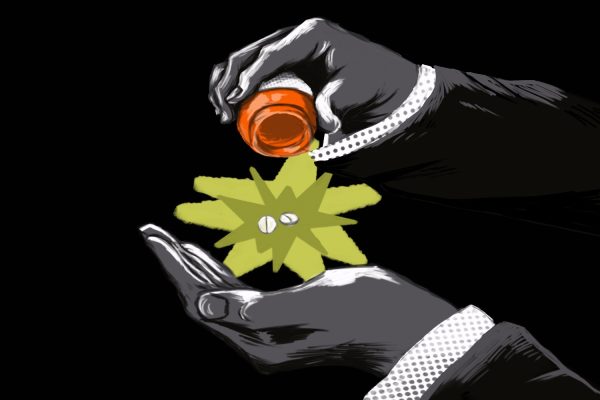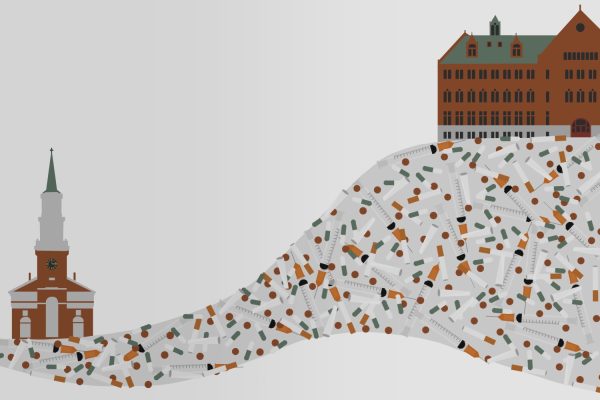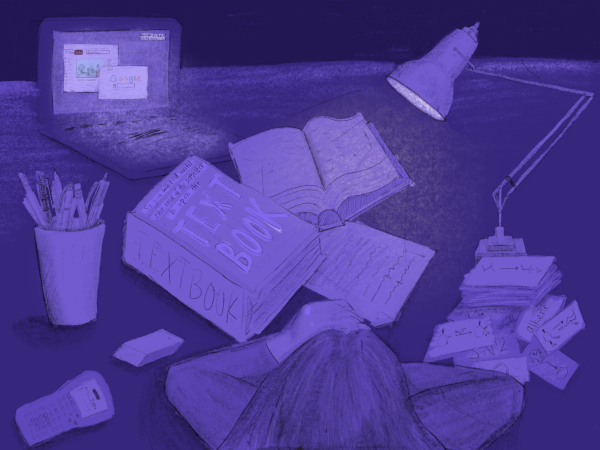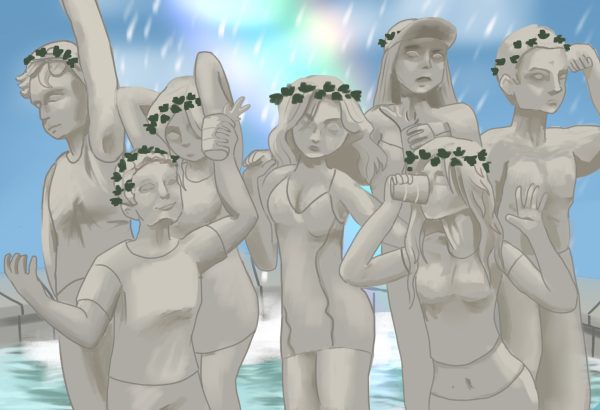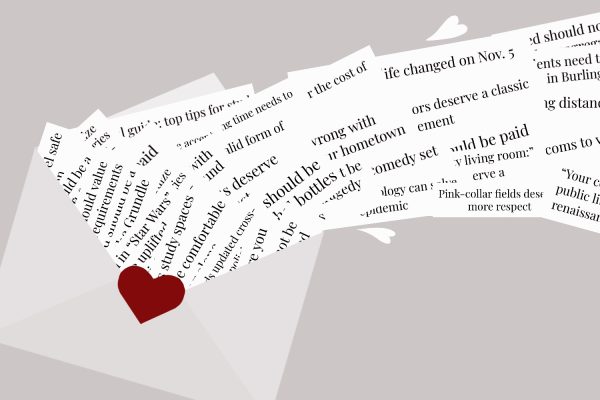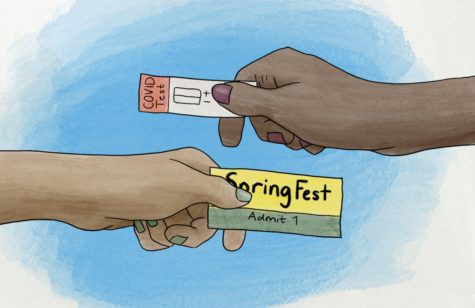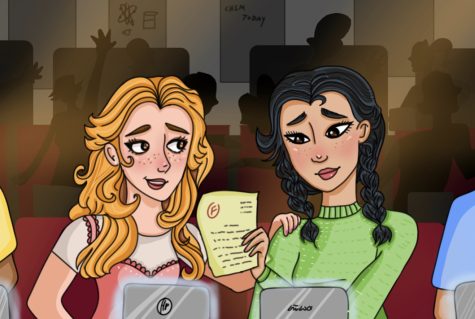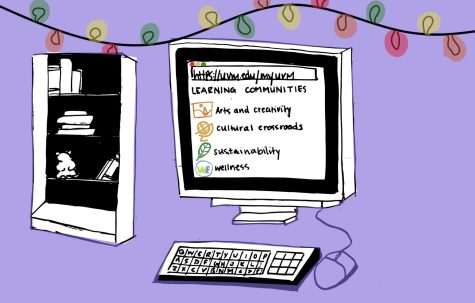UVM police services blame victim
UVM police services recently sent an email to all UVM students regarding a reported sexual assault at UVM FallFest. Reporting an instance of sexual assault, particularly to police, can be a traumatic and challenging experience, and I want to commend the person who had the courage to report their assault.
One of the many reasons reporting sexual assault and rape is so challenging (68 percent of sexual assaults are not reported, according to the Rape, Abuse, and Incest National Network — RAINN), is because of the pervasive and threatening manifestation of our beloved Rape Culture, which consistently blames victims and holds them responsible for being assaulted or raped.
When victims are blamed for their rape, the conversation around sexual assault often veers into darker waters; an endless list of precautions one should take, including changing dress, behavior, company, alcohol consumption, geography, transportation and even nail polish that detects date rape drugs.
This endless rape prevention task list distracts from discussions of how to support victims of assault, how to create safe spaces that are free from risk of rape and assault, and how to hold rapists accountable for their actions, primarily, for raping and assaulting people.
Victim blaming doesn’t always take form with accusations that “she was asking for it,” but can often be subtler insinuations about blame, responsibility and safety.
This is why I was so disheartened and angry when I opened an email from UVM police services reporting a sexual assault at FallFest.
After describing the suspect in question and the incident, UVM Police graciously provided their readers with a helpful list of “tips” that can help victims stay safe.
The author(s) of the email included the caveat that “it is never a victim’s total responsibility to prevent an assault,” which got me wondering how exactly one could calculate their level of responsibility.
Should there be a percent blame that victims are labeled with? Does drinking and not calling an Uber make one 35 percent more responsible for their rape then if they had been in a “safer” space during their assault?
Is a lone person, not following police services’ tip number three of using a buddy system, more responsible for being raped than someone in a crowded room?
This is part of the danger of this rhetoric; when we focus on modifying people’s behavior (specifically ciswomen, transwomen and gender non-conforming people), we tend to accumulate a long list of behaviors to follow or to avoid to prevent rape, instead of talking about the actual cause of rape, rapists (duh).
Not to mention that a list providing tips like “use the buddy system,” “don’t leave your drink unattended” and “considering asking a trusted friend for a ride home” read as condescending and trite; I would argue that ciswomen, transwomen and gender non-conforming people are well aware of the risks they face going out, have heard all of these helpful hints before and do not need consultation from UVM police providing useless information about sexual assault prevention.
Especially when we consider that the four out of five sexual assaults are not committed by a stranger at a bar, but are committed by a friend or acquaintance of the victim, according to RAINN.
Another reason I find this email and its content so exasperating is because like much of the public discourse regarding sexual assault and rape, UVM’s “prevention efforts” continue to ignore the roles of power in instances of sexual assault and rape.
Reem Rosenhaj wrote an excellent post on rape and power and consent, which indirectly critiques education efforts that don’t take power dynamics into account when talking about rape.
Rape is not always the product of lust or attraction or desire; rape is inextricably linked to power and dominance, and while there are safe and consensual ways to explore intimate power relations, rape is clearly not one of them.
Earlier in this piece, I mentioned “our beloved Rape Culture.” It is personally frustrating how frequently I feel I need to come out publicly to once again demand an end to victim blaming and victim shaming language. And while it’s frustrating, it’s not unexpected.
We are presented with this victim blaming rhetoric on the daily, as a direct result of a culture that presents non-male bodies as accessible and available and as able to be dominated.
UVM hosts an excellent annual conference, Dismantling Rape Culture, that can serve as a helpful educational tool for examining this concept in further depth.
I invite UVM police services, UVM administrators, students, faculty, staff and community members to educate yourselves and seek resources from critical sources about rape and rape culture.
I have some strong thoughts on total responsibility for the author(s) of this email: you are responsible for your words, you are responsible for your ignorance and you are responsible for the impact your shaming email has had on the 25 percent of college women raped or assaulted who read this email.
I deeply hope a reiteration of this article next semester isn’t necessary, though I certainly have my doubts.
And finally, to all victims of sexual assault, rape, abuse, and violence: it is not your fault. It is never your fault.
For support, seek out friends or loved ones, the UVM victims advocate Judy Rickstad, HOPE Works, UVM Counseling and Psychiatry Services or, if you feel comfortable doing so, UVM police.
Depending on your race, sexual orientation, class or other identities you hold, the police may not feel like the safest avenue for support.
Though there is a lot of work to be done in creating community accountability processes that support victims of assault and abuse external to police systems, some great support resources do exist.


